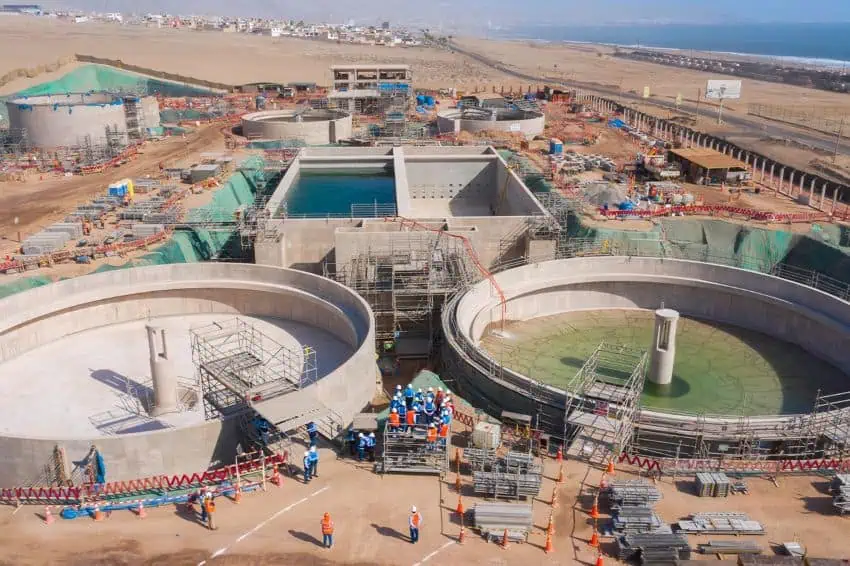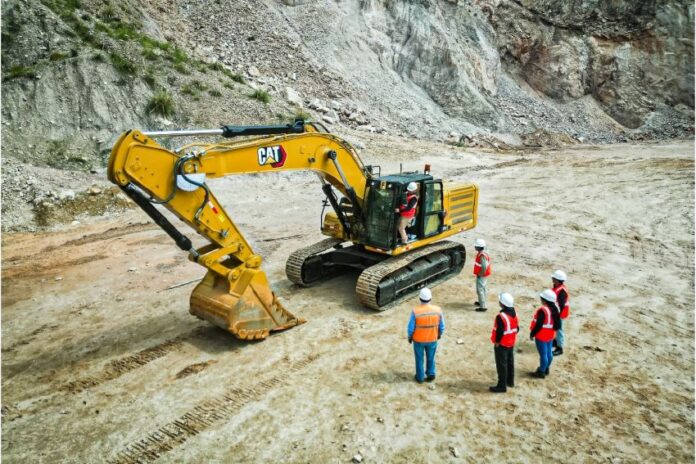Southern Copper Corporation (SCC) has confirmed talks with the Mexican government to free up stalled mining investments that could surpass US $10 billion. The planned investment is on hold while permits and licenses are being processed.
In its second-quarter earnings report issued last week, SCC, a subsidiary of Grupo México, one of the largest copper producers in the world, said ongoing negotiations are designed to secure environmental and operational approvals needed to move forward with several key projects in the country.

“We are in talks with the current administration to continue SCC’s US $10.2 billion investment in Mexico,” it said in the report.
SCC identified several Mexican projects it hopes to develop, including mines in Angangueo (Michoacán) and Chalchihuites (Zacatecas), as well as the El Arco copper deposit (Baja California) and the El Pilar project (Sonora), which is a conventional open-pit mine with an annual production capacity of 36,000 metric tons of copper cathodes.
The company also hopes to revisit plans to invest in a copper smelter project in Sonora.
SCC’s mines in Mexico produce more semi-processed copper, or concentrate, than its plants can handle, forcing the company to rely on offshore smelters. Before Mexico’s latest mining reforms in 2023, the company was considering spending US $1 billion on a new smelter in Sonora.
The reforms significantly altered Mexico’s mining regime, emphasizing enhanced environmental and social protections. The reform included modifications to mining concessions (reducing them from 50 years to 30 years, among other changes), water rights and obligations for concession holders.
Regarding fracking and open-pit mining (the latter being of interest to Southern Copper), the reform authorizes contracts and concessions at the discretion of the president, “due to their strategic nature for national development.”
BCS legislators call on Baja California to reject copper mining mega-project
Mining.com magazine reported that as of late 2024, “there were 116 pending environmental approvals with [the Environment Ministry] and 107 awaiting clearance from [the National Water Commission] Conagua.”
Southern Copper, with operations in Mexico and Peru, said its investment plans include an immediate expenditure of more than US $600 million by the end of 2025 in both open-pit and underground operations in Mexico.
The company said it would spend roughly half of that to modernize infrastructure and ensure long-term viability. It would also target “water efficiency, tailings management and operational improvements to boost productivity and sustainability,” according to the industry platform Mining Reporters, which focuses on mining in Latin America.
The planned investments would go a long way in strengthening SCC’s position as a fully integrated copper producer, it said in its earning report.
With reports from El Economista, Mining Reporters and Mining.com
